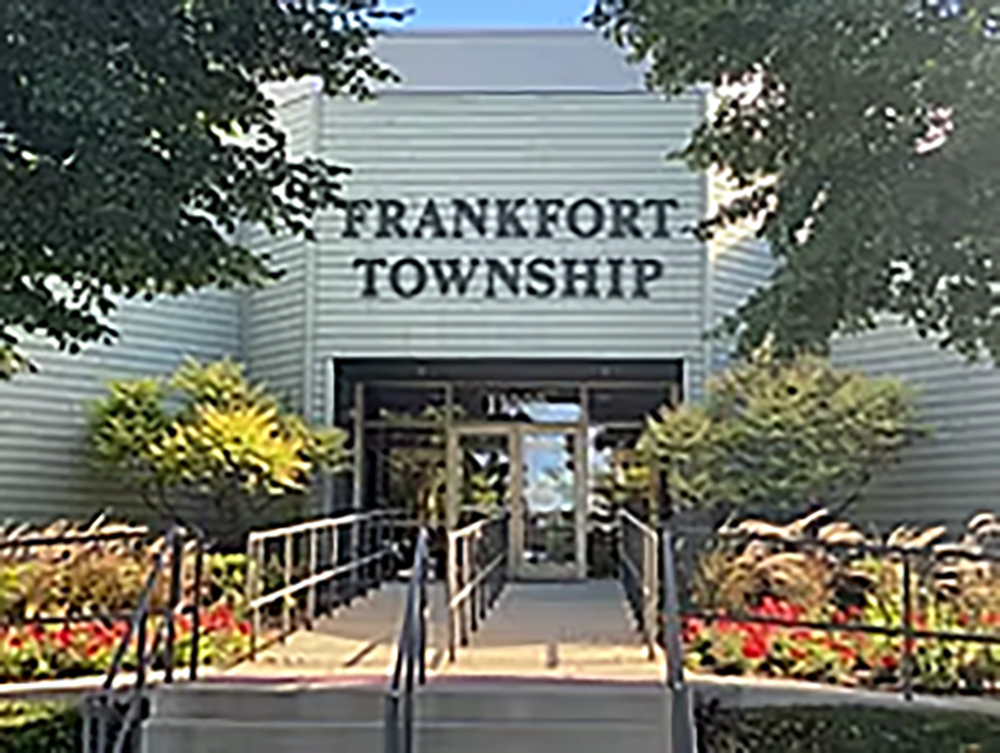
Family-based visa quotas cause system backlogs
One of the most prevalent ways for immigrants to gain legal status in the United States is through family-based visas. However, backlogs in the system often lead to decades-long wait times.
Each year, the United States allows an unlimited number of immediate family members to obtain visas in the country. These visas are reserved for spouses, children and parents of U.S. citizens.
Additionally, the government awards 226,000 family-preference visas each year. These visas can be given to unmarried children 21 or older, siblings and married children of U.S. citizens or lawful permanent residents.
In fiscal year 2024, the United States issued 265,467 immediate relative visas and 205,762 family preference visas.
The family-preference visas have certain caps depending on an individual’s relationship to the U.S. citizen or lawful permanent resident status.
Sponsored family members are also able to include their immediate relatives on visa petitions. For example, if a U.S. citizen sponsors their sibling for a family-preference visa, the sibling may include their spouse and children as part of the initial sponsorship.
The additional family members of the original sponsored individual also contribute to the overall cap for family-preference visas.
Jordan Fischetti, a former immigration lawyer and a fellow with Americans for Prosperity, said this aspect of the visa system can often make people suspicious of legal immigration.
“People feel like they’re not being told the truth, or that everything is confusing,” Fischetti said. “Our immigration system is super confusing and because it’s so confusing it opens a door for people to believe things that aren’t necessarily true.”
Fischetti said the quotas are often the most damaging part of the immigration system. The current quotas for family-based visas were established in 1990 by the Immigration and Nationality Act.
The quota system has strict guidelines for how many visas go to a certain family member:
– F1 visa – Unmarried children of U.S. citizens 21 years or older – 23,400
– F2A visa – Spouses, children under 21, unmarried children of permanent residents – 87,900
– F2B – Spouses and children of lawful permanent residents – 26,300
– F4 – Siblings of U.S. citizens – 65,000
In fiscal year 2022, 40,973 people were admitted to the U.S. as siblings of citizens. Fischetti said less than 15,000 of those people were actually siblings of a U.S. citizen.
“It’s not like there’s any additional visas available for those people, they will count under the sibling cap and they’re just not siblings,” Fischetti said.
As an immigration lawyer, Fischetti said most of the family-based visas he worked on were for immigrants already living in the United States and seeking an adjustment of status. Most cases Fischetti said he worked on were immigrants who came to the United States on tourist visas and were later accepted under family-based visas.
Often, family members must wait for long periods of time before they can be considered for a visa. In countries like India, China, Mexico and the Philippines, people can be waiting decades for their paperwork to be approved, according to the State Department website.
A sibling of a U.S. citizen who is from Mexico that applied for a visa in 2001 is now being considered in the allocation process in November 2025, according to the State Department’s website.
“You better be willing to wait a very long time if you are the recipient of a sibling-sponsored visa,” Fischetti said.
He acknowledged that certain key reforms to the immigration system could make it less confusing and more helpful for families who want to live in the United States together. He said the quota system often disadvantages people who are from countries where more applicants seek visas.
“I think there’s better ways for us to determine who becomes a resident rather than these quotas that were determined in the 1990s,” Fischetti said.
Moving away from the quota system, Fischetti said, could improve immigration as a whole. He said state-based and market-based reforms are good to pursue but they need to be addressed with proper consideration of the Constitution.
“I want members of Congress to start looking at immigration through a different lens,” Fischetti said.
Latest News Stories

Manufacturing advocate: ‘Follow the actions’ with Pritzker on taxes

Illinois quick hits: National Guard restraining order extended; economic growth above trend

WATCH: Pritzker opposes redistricting Illinois mid-cycle as other states move forward

Op-Ed: Illinois becoming the lawsuit capital of America, and Springfield to blame
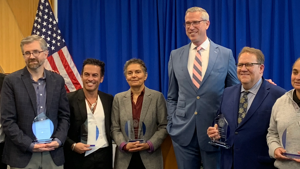
Illinois treasurer promises to pass nonprofit legislation vetoed by Pritzker
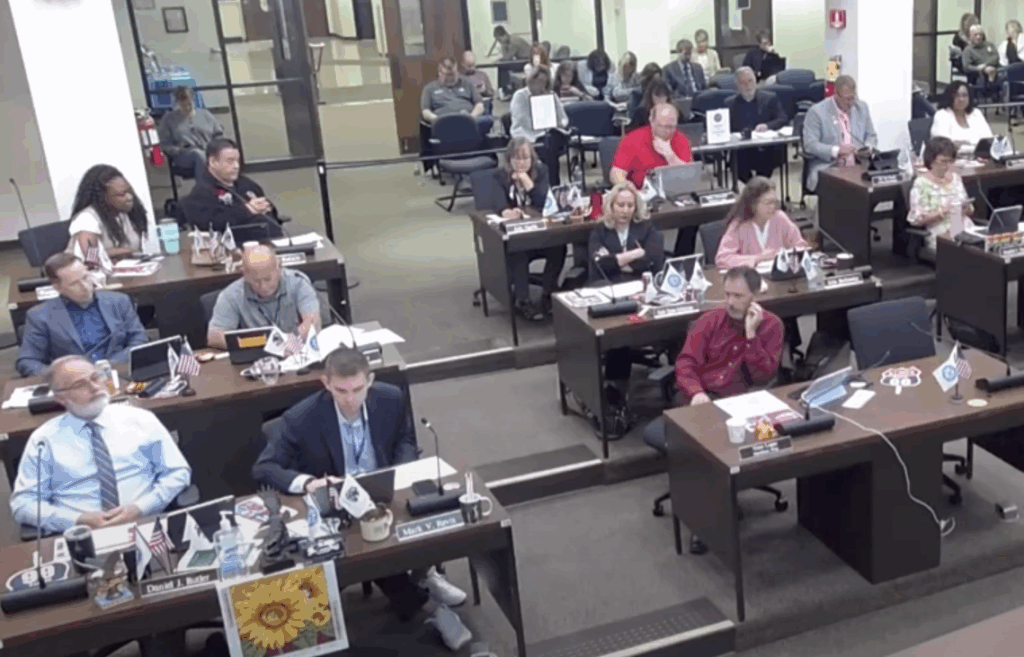
Regional Office of Education Highlights School Safety, New Learning Programs in Update

Fort Frankfort Playground Grand Opening Delayed Until Spring 2026
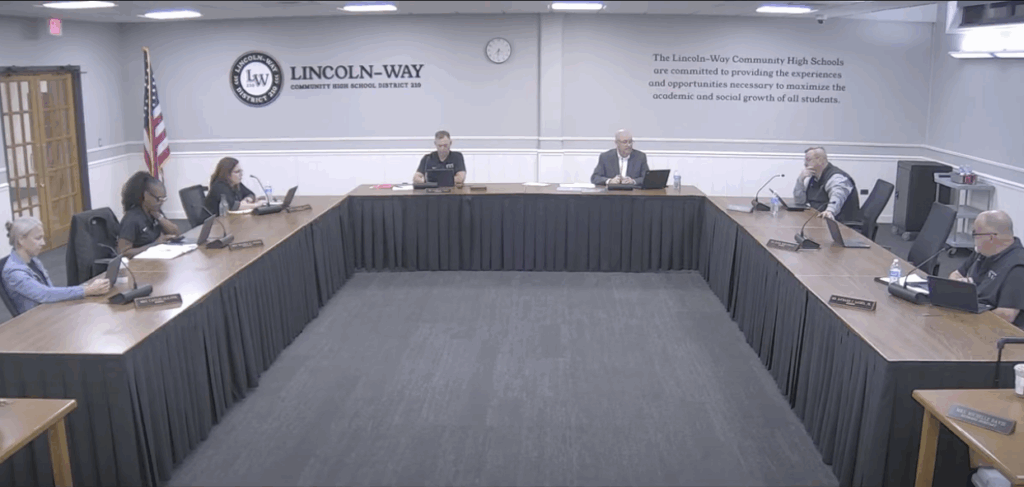
Lincoln-Way to Purchase New Buses, Add Smaller Vehicles to Address Driver Shortage
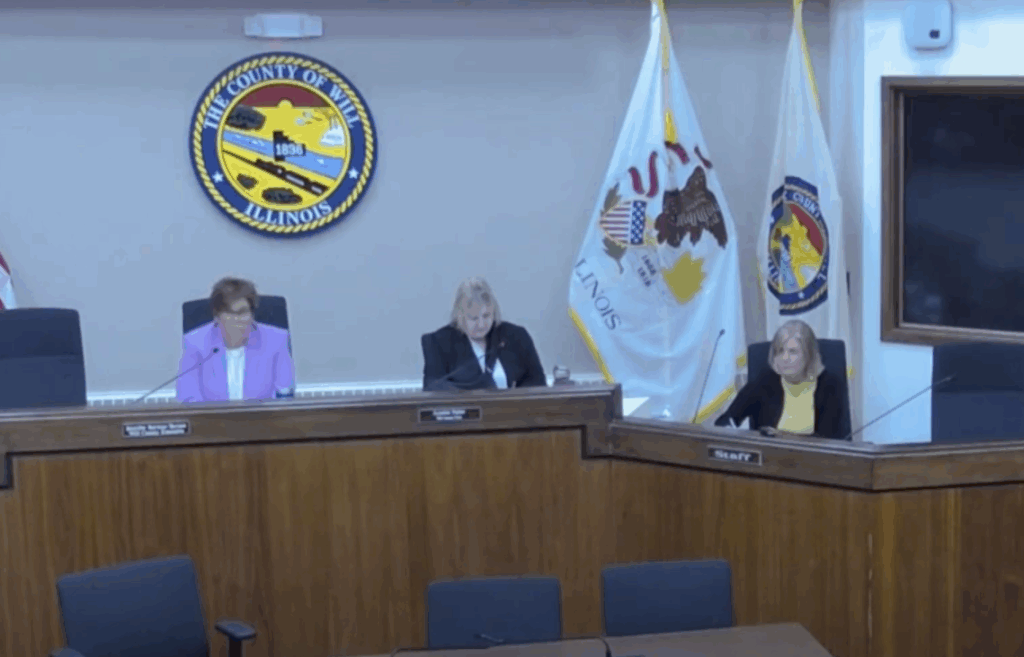
Will County Awards $10.4 Million Contract for Bell Road Widening Project

Green Garden’s Wildflower Farm Granted Second Extension for Rural Events Permit
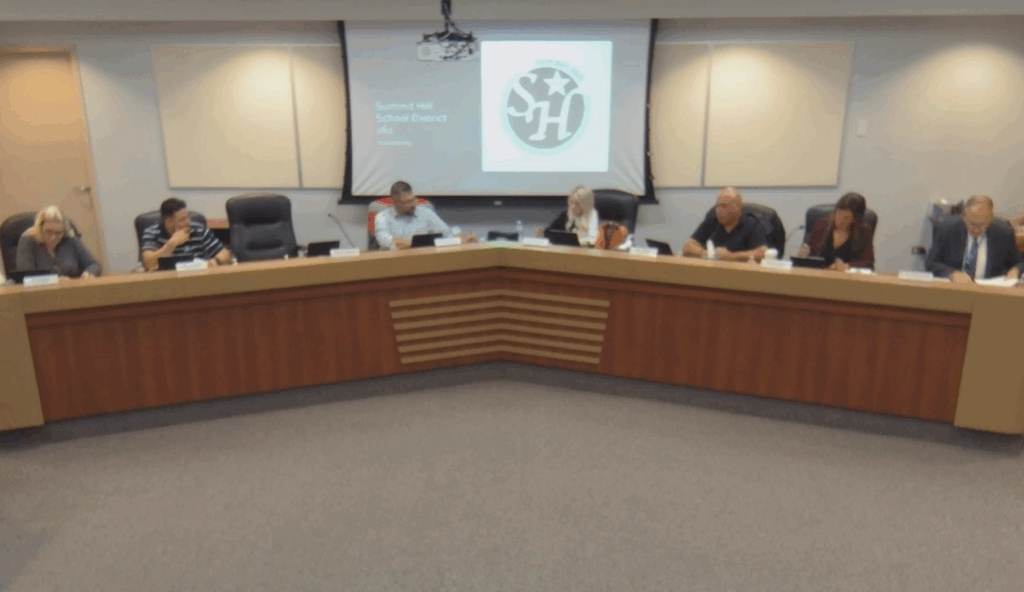
Summit Hill 161 Board Approves Longevity Pay Bumps for Non-Certified Staff

Meeting Summary and Briefs: Village of Frankfort Board for October 6, 2025

Will County Board Compromises on Mental Health Levy, Approves $10 Million After Debate

